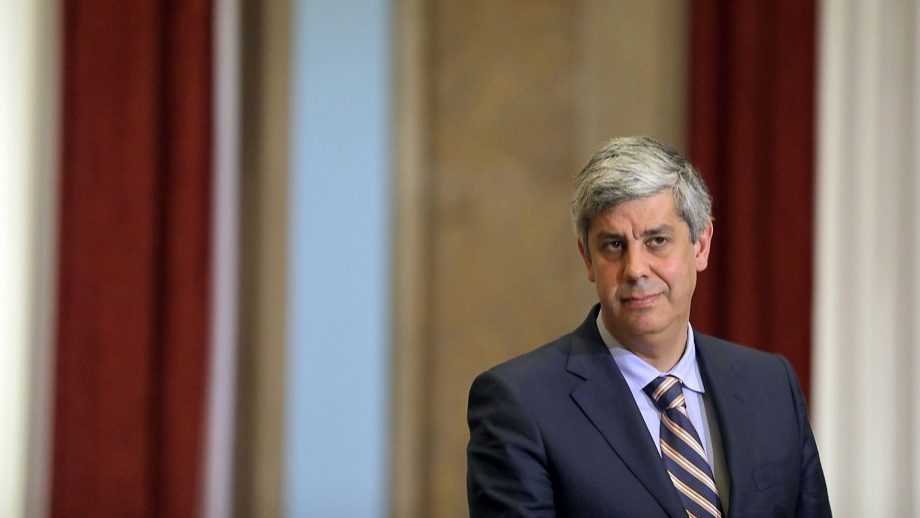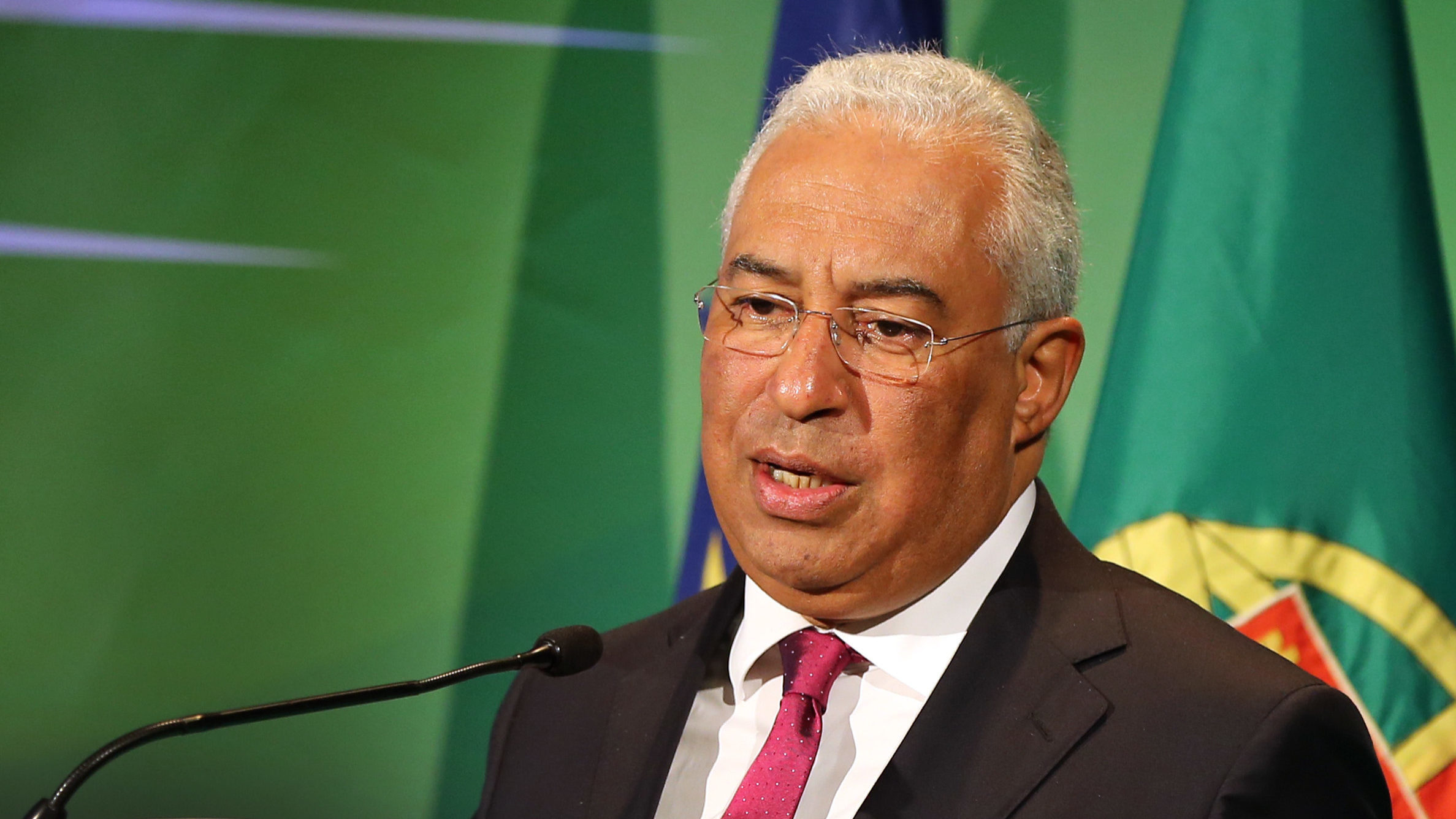Budget surplus small but key to creating scope to meet needs – PM
The draft state budget for 2020 foresees a budget surplus of 0.2% - the first in the history of Portuguese democracy.
Portugal’s prime minister on Tuesday argued that next year’s projected sector budget surplus next year may have only a small impact on the country’s debt mountain, but it is essential to have financial room to meet its main needs.
António Costa made the comments to Lusa after visiting a Portuguese military police mission on the Greek island of Samos, in response to criticism from the opposition Left Bloc (BE), which has said that the Socialist government’s draft state budget for 2020 marks a setback from previous years, showing an “obsession with the budget surplus”, in the party’s words.
The draft state budget for 2020, which was submitted to parliament on Monday night, foresees a budget surplus of 0.2% – the first in the history of Portuguese democracy.
“To manage resources there is a fundamental thing which is to have resources to manage,” said Costa. “What they call a surplus is simply an increased margin of freedom that Portugal gains to continue to strengthen its external credibility and to be able to continue to meet [its] needs” in terms of investments or improved income.
The prime minister later added that the notion of a surplus was “somewhat relative” when “debt is still at about 119% of gross domestic product”. Such a surplus, he explained, “does not mean that we have the money to do whatever we want, but rather that we have the resources to apply where it is needed.”.
He noted that the country’s needs are “multiple: more staff for the coastguard, getting to December with the capacity to invest 550 million euros to eliminate late payment [of suppliers] in the National Health Service [SNS], or having the capacity for there to be next year an increase of 940 million in the initial SNS budget for current expenditure – in addition to strengthening investment.
“It is also having the capacity to have the resources we need to continue sustainably to pay off the very high debt we have,” he said of the projected surplus. “In addition to paying off debt to free future generations, we must release resources in the present that were being allocated to the servicing of debt in order to invest in all the needs [that have been] identified.”
He cited figures to the effect that next year Portugal will pay about €2.16 billion less in interest than in 2014, the year before the Socialist Party came to power.
“This saving is only possible because, thanks to the deficit reduction and thanks to debt reduction, Portugal has regained international credibility, and is now at an interest rate of 0.4%” in the markets. “What is saved in debt payments is what allows us today to adopt measures such as strengthening the coastguard, the SNS, public education.”
Costa also spoke of the “advances” that the budgetary scope now makes possible to move ahead with “the annual updating of salaries of all state employees” and “entering the third consecutive year with an annual update of pensions.”
He also mentioned “major tax incentives” for young people starting out on their careers, natality incentives – either as creche subsidies or as increased tax deductions in line with the number of children a taxpayer has stressed that “all this is only possible because Portugal has gained budgetary scope.”


